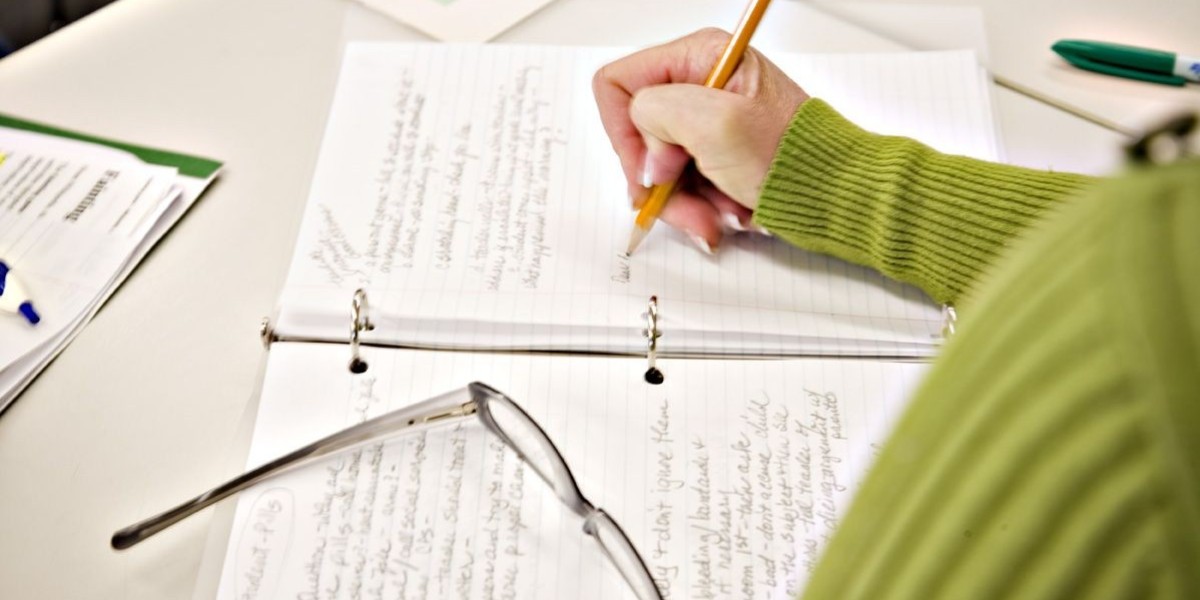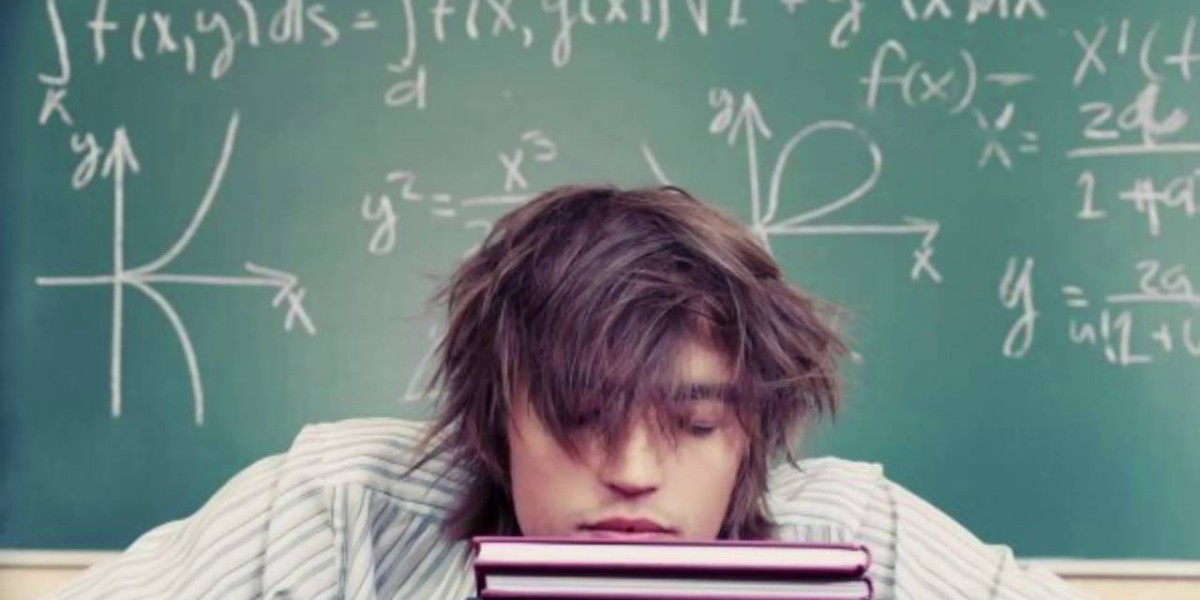Depression is one of the most common mental health conditions worldwide, affecting millions of people regardless of age, gender, or background. Unlike occasional sadness or low mood, depression is a serious condition that impacts how a person thinks, feels, and functions in daily life. The good news is that Therapy Depression
is highly treatable, and therapy plays a central role in recovery.
In this article, we will explore what therapy for depression involves, the different types of therapy available, how it works, and why seeking help is so important.
What is Depression?
Depression is more than just feeling sad. It is a mood disorder characterized by persistent feelings of hopelessness, emptiness, and lack of interest in activities once enjoyed. Symptoms may include:
Persistent sadness or low mood
Fatigue or lack of energy
Difficulty concentrating
Sleep disturbances (insomnia or oversleeping)
Changes in appetite or weight
Feelings of worthlessness or guilt
Loss of interest in hobbies or social activities
Thoughts of self-harm or suicide
When these symptoms last for more than two weeks and interfere with daily life, professional treatment is usually necessary.
The Role of Therapy in Treating Depression
Therapy, also known as psychotherapy or counseling, is one of the most effective treatments for depression. Unlike medication, which primarily addresses chemical imbalances in the brain, therapy helps individuals understand, manage, and change the thought patterns and behaviors that contribute to depression.
Through therapy, people learn healthier coping skills, gain new perspectives, and find support in a safe, non-judgmental environment.
Types of Therapy for Depression
Different forms of therapy may be used depending on the severity of depression, the individual’s needs, and their personal preferences. Some of the most effective therapies include:
1. Cognitive Behavioral Therapy (CBT)
CBT is one of the most widely used therapies for depression. It focuses on identifying and changing negative thought patterns and behaviors that fuel depressive symptoms. By reframing negative thoughts into more balanced perspectives, individuals can regain a sense of control and motivation.
2. Interpersonal Therapy (IPT)
IPT focuses on improving relationships and communication skills. Since depression often affects (and is affected by) personal relationships, IPT helps individuals resolve conflicts, build social support, and manage life transitions.
3. Psychodynamic Therapy
This therapy explores unconscious patterns and unresolved conflicts from the past that may contribute to current depression. It helps individuals understand the root causes of their emotional struggles and develop greater self-awareness.
4. Mindfulness-Based Cognitive Therapy (MBCT)
MBCT combines traditional CBT techniques with mindfulness practices like meditation and breathing exercises. It teaches individuals how to stay present, break cycles of negative thinking, and reduce the risk of relapse.
5. Group Therapy
In group therapy, individuals with depression meet with others experiencing similar struggles under the guidance of a therapist. Sharing experiences in a supportive group can reduce feelings of isolation and provide encouragement.
6. Family or Couples Therapy
Since depression affects not only the individual but also their loved ones, family or couples therapy can help improve understanding, strengthen communication, and provide support in the recovery process.
How Therapy Helps with Depression
Therapy provides multiple benefits for people struggling with depression, such as:
Understanding triggers – Learning what situations or thoughts worsen symptoms.
Developing coping strategies – Building practical skills to handle stress and negative emotions.
Improving relationships – Strengthening communication and emotional support networks.
Restoring self-esteem – Challenging self-critical thoughts and fostering self-acceptance.
Preventing relapse – Providing long-term tools to manage future episodes of depression.
Therapy vs. Medication
While therapy is highly effective, some individuals may also benefit from medication prescribed by a psychiatrist. Antidepressants can help balance brain chemistry, particularly in cases of severe depression. However, research shows that a combination of therapy and medication often works best, especially for moderate to severe cases.
Overcoming Stigma and Seeking Help
Many people hesitate to seek therapy due to stigma, fear of judgment, or lack of awareness. However, reaching out for help is a sign of strength, not weakness. Depression is a medical condition, just like diabetes or heart disease, and it requires proper treatment.
If you or someone you know is experiencing depression, consider:
Talking to a mental health professional
Reaching out to supportive friends or family
Joining support groups
Practicing self-care alongside professional treatment
Conclusion
Therapy depression is a powerful tool that helps individuals reclaim their lives, build resilience, and develop healthier ways of thinking and living. With the right support, depression is treatable, and recovery is possible.







